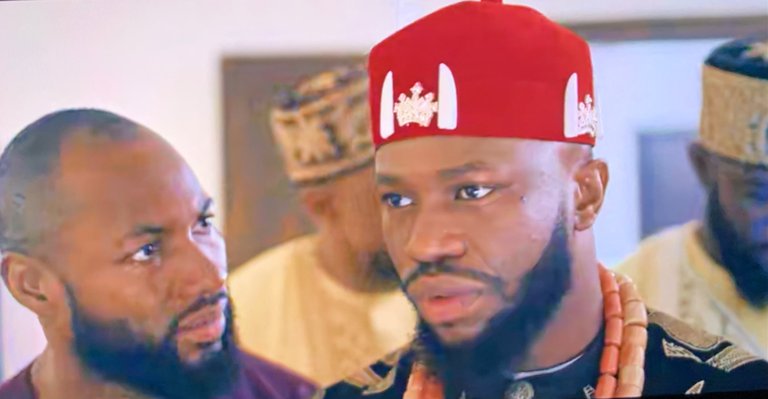
This post is inspired by recently aired Nollywood film on Netflix - AFAMEFUNA. It is a film that beautifully captures the simple yet complex nature and workings of the Igbo Apprenticeship System. The Igbos of Nigeria have always been famous for their brilliant work and business ethics. An average Igbo does not play about self improvement, financial freedom, and family values.
There is a popular saying among us: “Onye ahana nwanne ya” which literally translates to “No one should leave their kin/siblings behind”. It embodies the essence of the humanity and kinship of ndi Igbo. They rise by lifting others, and you can’t be said to be successful if you’re the only one in your friend group so who is progressing. Lending a hand to pull another up is woven into our hearts and culture.

This communal culture is evident in the apprenticeship system where a person usually a man, who is successful in their chosen field of business, recruits younger boys from their community and beyond to learn the trade under his mentorship usually with the agreement of their families. In most cases, it their families that source for the opportunities on their behalf. They learn and simultaneously serve as sales attendants.
Over time, usually in a few years, when the boss is confident that his apprentice has acquired enough business acumen and skills, he then settles them by either setting up a store in their name or he gives them a reasonable amount of money to start their own business. This practice has been in existence for a long time and has produced several successful business men in different industries.

The now established businessman would go on to recruit his own apprentices and teach them the trade in the same manner he has been taught. This practice used to be predominant among men due to the supremacy of the patriarchal in Igbo culture; the men would rather work and provide for their wives and children while the women would manage the household.
However, times have changed. The current economy of the world requires more than one source or stream of income to sustain a family. Women have long begun to run their own apprenticeship programs in their different businesses.

The Economy of the Igbos has thrived on the apprenticeship system and continues to do so. The Igbos are a tribe that has felt loss, betrayal, and suffering due to the effects of the civil way, they had to build everything from scratch. As a people who value the sense of community, they were keen on helping each other grow and become financially successful.
If you want something insightful to watch on Netflix, AFAMEFUNA is a good recommendation.
Thanks for stopping by. ❤️


Follow me on my blog atyourservice
Image is a screenshot of the film from Netflix.

Posted Using InLeo Alpha